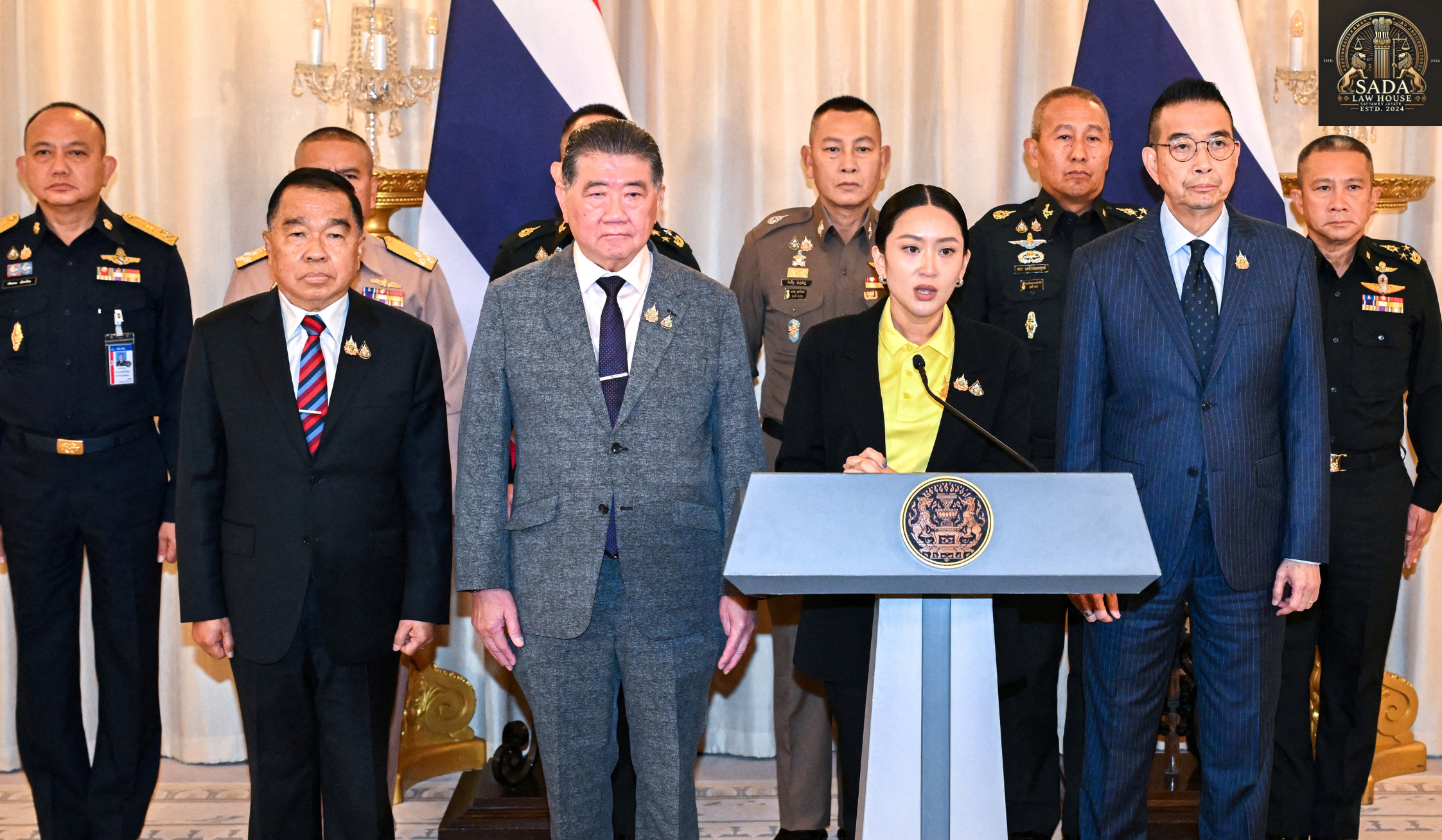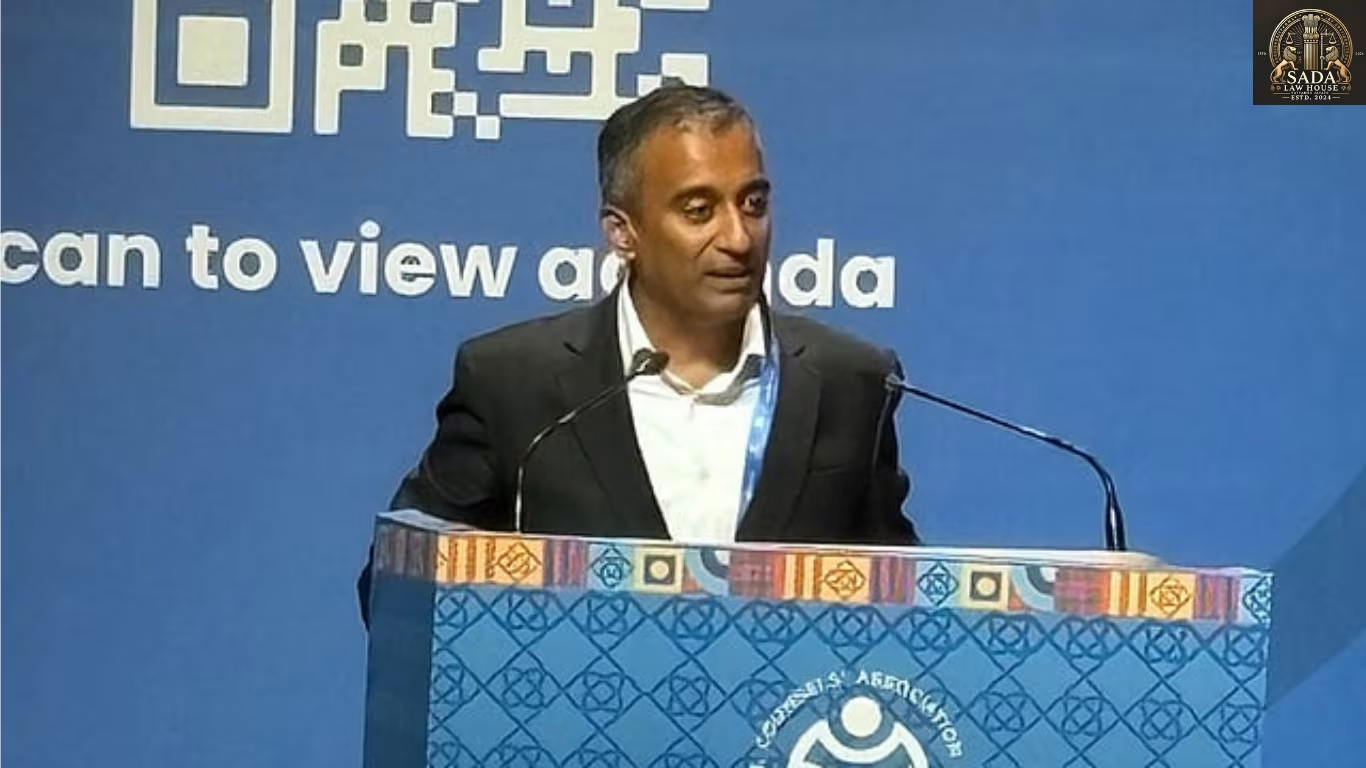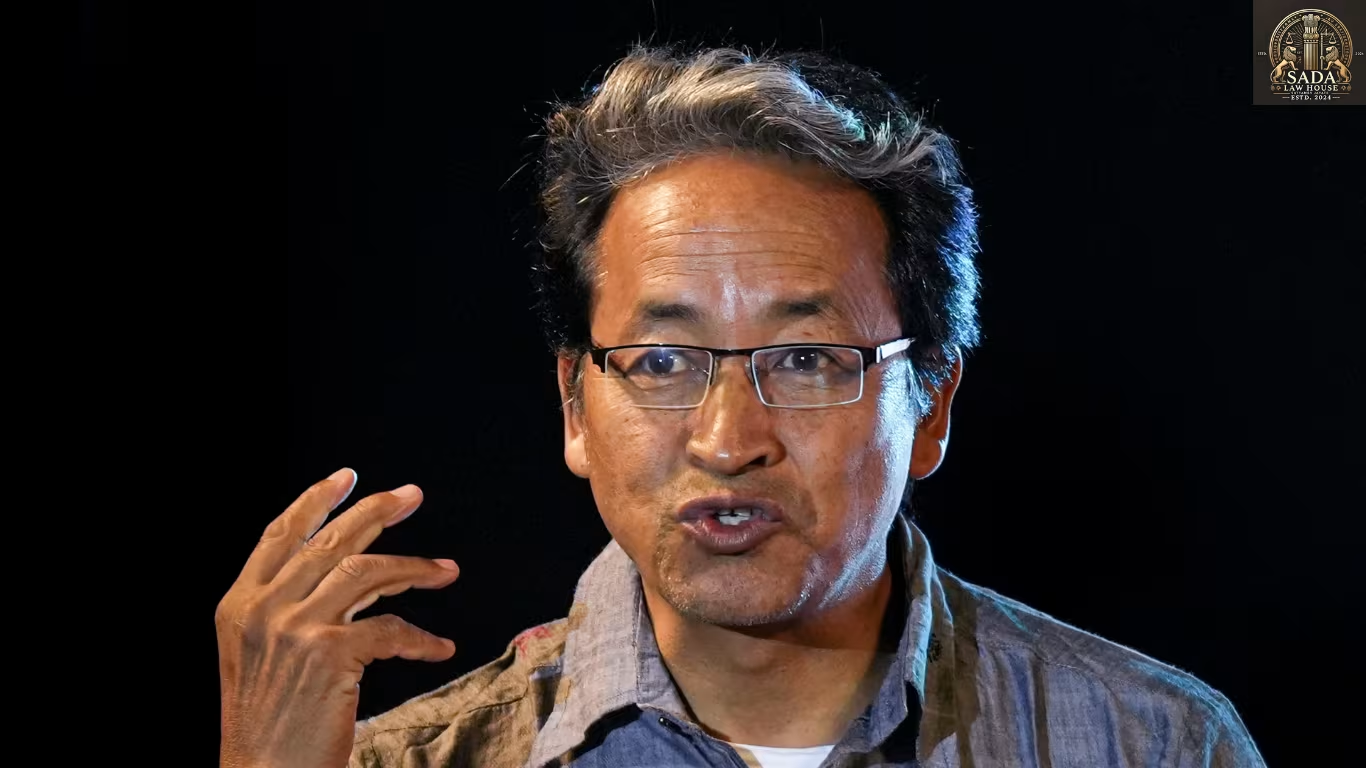Thailand’s Political Thaw Hinges on People’s Party Decision Amid PM Uncertainty
- Shristi Singh
- 01 SEPTEMBER 25

Introduction
Thailand’s political future hangs in the balance after the Constitutional Court’s removal of Prime Minister Paetongtarn Shinawatra. With rival factions scrambling for power, the People’s Party, which controls nearly one-third of parliamentary seats, has emerged as the decisive force. Their backing now hinges on two conditions: a national referendum on constitutional reform and the dissolution of parliament within four months.
Background & Context
On 29 August, the Constitutional Court ousted Paetongtarn Shinawatra over ethics violations, making her the sixth Shinawatra-linked premier removed by judicial or military action since 2006.
The ruling collapsed an already fragile coalition and triggered intense negotiations among political parties.
The People’s Party, an anti-establishment force sidelined from power in 2023 by military-aligned elites, now holds the swing votes essential for coalition building.
Key Developments
The People’s Party has issued two non-negotiable demands:
A nationwide referendum on constitutional reform.
Dissolution of parliament within four months to pave the way for fresh elections.
Both the ruling Pheu Thai Party and rival Bhumjaithai Party have signaled willingness to consider these conditions in exchange for support.
Once reluctant to enter formal coalitions, the People’s Party now appears ready to leverage the political vacuum to push structural change.
Political Calculations
For Pheu Thai: Backing the referendum and early dissolution could secure short-term governance and a chance to renew their mandate.
For Bhumjaithai: Aligning with the People’s Party could boost credibility but risks bringing elections sooner than desired.
For the People’s Party: Their unprecedented bargaining power offers a historic chance to reshape constitutional rules and curb entrenched military-judicial interventions.
Analysis
Flashpoint for Reform: A referendum could pave the way for decentralization or new limits on judicial power—potentially breaking Thailand’s long cycle of coups and court-driven ousters.
Electoral Momentum: The People’s Party’s stance resonates with public frustration over stagnant governance and recurring instability.
Geopolitical Stakes: The next government’s orientation will influence Thailand’s balancing act between Western partners and China, with implications for ASEAN and the Indo-Pacific.
Potential Scenarios
Scenario 1: People’s Party sides with Pheu Thai → Referendum scheduled, parliament dissolved within four months.
Scenario 2: People’s Party aligns with Bhumjaithai → Demands met, but coalition remains fragile.
Scenario 3: People’s Party withholds support → Caretaker government persists, prolonging uncertainty.
Conclusion
The People’s Party has become Thailand’s kingmaker in the wake of Paetongtarn’s removal. Their conditions—referendum and early dissolution—could mark the start of a democratic reset or plunge the country into deeper instability if rival factions fail to reach consensus. The coming weeks will determine whether Thailand embraces reform or relives its familiar cycle of political deadlock.






